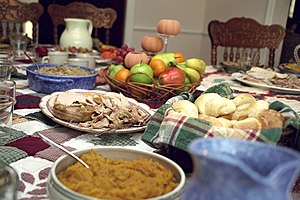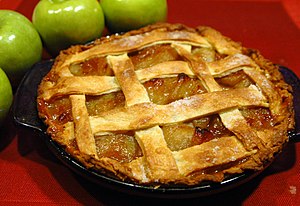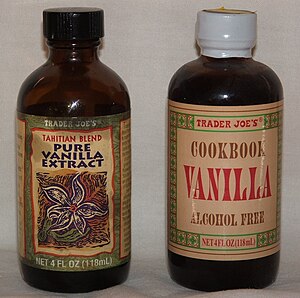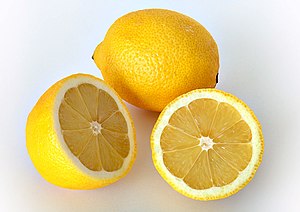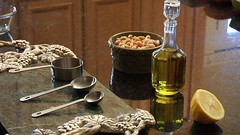Giving gifts that make a difference is a great way to not only feel good about what you’re giving, but also to spread awareness for your cause and potentially earn more respect in the eyes of your associates and clients.
Here are just a few ideas on how to make a difference with holiday gifts - keep these in mind for Black Friday tomorrow, and the rest of your holiday shopping this year!
| WFTO Fair Trade Organization Mark (Photo credit: Wikipedia) |
Fair trade is a global initiative that works to ensure all people, artisans, farmers and locally-owned businesses around the world are treated fairly. That means pricing and production are fair as well as environmentally sustainable. Fair trade products are labeled by the Fair Trade organization and can include items like:
* Coffee
* Chocolate
* Wine
* Artwork
* Textiles and things made from textiles including bags, blankets and so on
Give Recycled Gifts
No, we don’t mean re-gifting! Recycled gifts are gifts made from recycled materials. Some examples include:
* Desk accessories
* Bags, totes and portfolios
* Artwork
Give Environmentally-Conscious Gifts
Many products are now created with the environment in mind, for example solar lights, bags and accessories. Plants are also a great environmentally-conscious gift to give, or shares in a farm or CSA program.
| (Photo credit: Wikipedia) |
If you have a charity that you strongly believe in or a cause you promote, sometimes giving a gift that supports that cause or charity is a great way to share your passion. Additionally, if your client or business associate is passionate about something, then contributing to that charity or participating in the cause may also be a great way to give a gift that makes a difference.
Giving a gift that makes a difference is a little more complicated than simply ordering a bunch of pens from the local marketing business. However, you’ll feel good about your efforts and you’ll make a great impression. Spend a little time, thought, and effort this holiday season and find a gift that makes everyone feel good!




